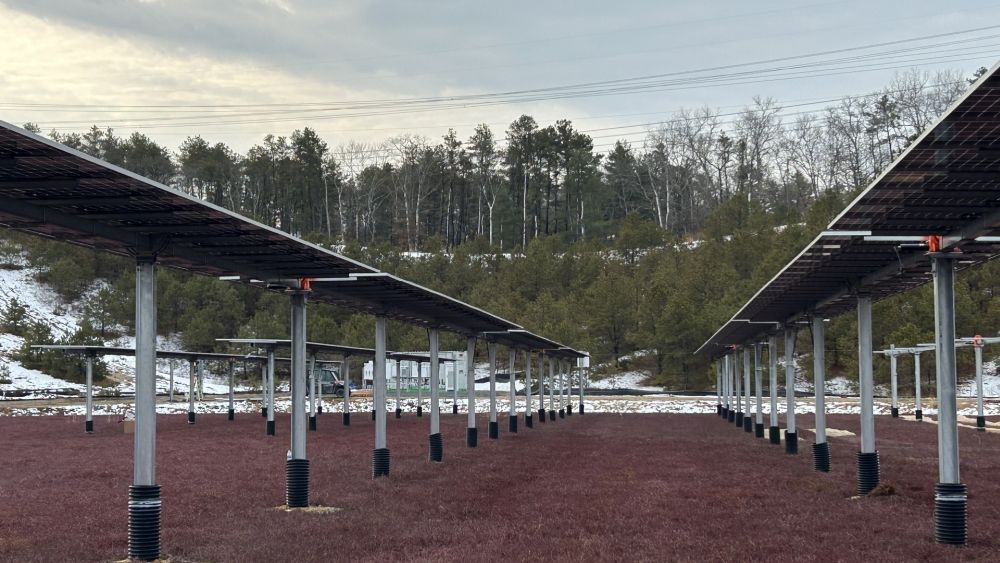The reality of a depressed economy may temper President-Elect Obama’s approach to environmental issues, but it won’t tamper with his original clean-tech objectives – at least according to his responses to an interview on the Nov. 16 TV news show 60 Minutes. Reminded of his pre-election proposal calling on America to save more oil over the next 10 years than it currently imports from the Middle East and Venezuela, Obama was then asked by interviewer Steve Kroft if cutting oil imports was less important now that oil prices had decreased from $147 to under $60. “It’s more important,” Obama replied. “It may be a little harder politically, but it’s more important.” When pressed, Obama explained why. “This has been our pattern. We go from shock to trance. You know, oil prices go up … everybody goes into a flurry of activity. And, then, the prices go back down and, suddenly, we act like it’s not important … As a consequence, we never make any progress.” Calling oil an “addiction,” he told Kroft it “has to be broken” and “now is the time to break it.”
Reviving economy with eco-friendly initiatives: In other interviews, Obama has promoted a concept that many environmentalists believe will guide his administration and the country through hard times. Being “for” environmental protection, Obama has said, does not have to mean being “against” economic development. To the contrary, Obama contends eco-friendly policies can spur America’s economic turnaround. He articulated this concept in an early Oct. Time magazine article. “From a purely economic perspective, finding the new driver for our economy is going to be critical” he told Time. “There is no better potential driver that pervades all aspects of our economy than a new energy economy.” Experts such as Martin LaMonica, a senior writer for CNET’s Green Tech blog, predict this concept, coupled with a Congress controlled by Democrats, is likely to lead to government-stimulus packages that will benefit businesses engaged in energy and environmental sectors. “There’s a growing sense that investing in infrastructure, even if it means more deficit spending, is a good thing because it will help economic growth in the short and long term. And green energy has come to be regarded as a 21st century infrastructure play,” LaMonica quotes Ethan Zindler of New Energy Finance as saying. And, while the distressed economy may delay Obama from delivering on his promise to invest $150 billion in clean technologies over the next 10 years, LaMonica says he expects the new administration to “push for smaller yet significant measures, such as efficiency and renewable energy mandates, and then lay the groundwork for far-reaching climate initiatives.” Here is a recap of specific clean-tech policy changes that LaMonica’s Nov. 5 blog post predicts Obama will usher in:
- investment in upgrading the power grid, making it easier to use solar and wind,
- national renewable portfolio standards that mandates utilities get 10 percent of electricity from solar, wind or geothermal by 2012,
- support for biofuels and introduction of low-carbon fuel standard,
- increased vehicle fuel-efficiency standards and tax rebates for plug-in hybrids,
- incentives for smart grid products, such as devices that do time-based metering of electrical usage,
- carbon cap-and-trade regime meant to make low-carbon technologies more price competitive, and
- research on so-called clean-coal technologies to store carbon dioxide emissions underground.
CTT Categories
- Energy


